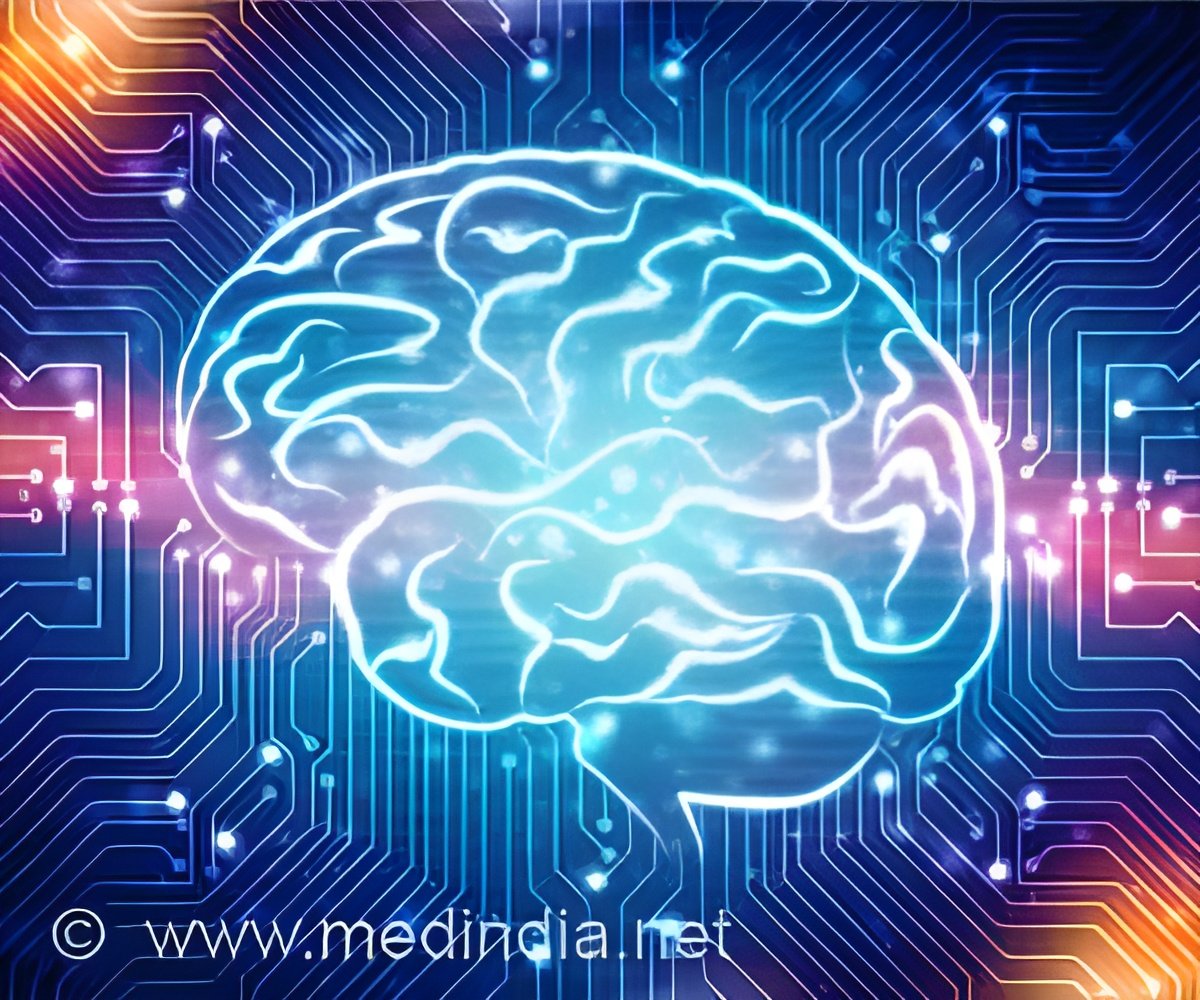Artificial intelligence technology is found beneficial in the diagnosis of neurological diseases such as Parkinson’s and Alzheimer’s. It makes the diagnosis quick, personalized and easy.

‘Artificial intelligence tools are being developed to detect the early signs of neurological diseases via retinal imaging thereby making the diagnosis easy.’





"The retina at the back of the eye is basically an outpost of the brain and the only part of the central nervous system we can see directly from the outside. We know that in Alzheimer's disease and Parkinson's disease the retina is affected.”, explains Anya Hurlbert, professor of visual neuroscience at Newcastle University."The aim of the project is to use NHS data to teach computers how to detect early signs of neurological disease via retinal imaging. Ultimately, the project will help to catch those at risk earlier, before other symptoms can develop," added Professor Hurlbert.
Charlotte Allen from Durham, lives with Parkinson's as a patient and carer, and recalled when she first noticed something was wrong: "I went to a friend's wedding reception and all of a sudden, I couldn't dance. I think this study to me is extremely important being able to spot Parkinson's earlier—that is an amazing thing to think about."
The Octahedron project—which involves colleagues from FMS and SAgE in computing, neuroscience, vision science and aging is a part of a wider commitment by the NHS to becoming a world leader in the use of artificial intelligence and machine learning and harness the benefits on offer from the technology that range from faster and more personalized diagnosis to potential efficiencies in screening services.
AI is the huge potential for transforming healthcare and freeing up medical professionals’ time.
Advertisement
Source-Medindia








